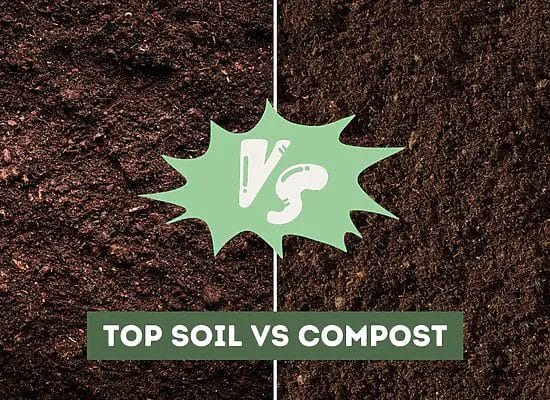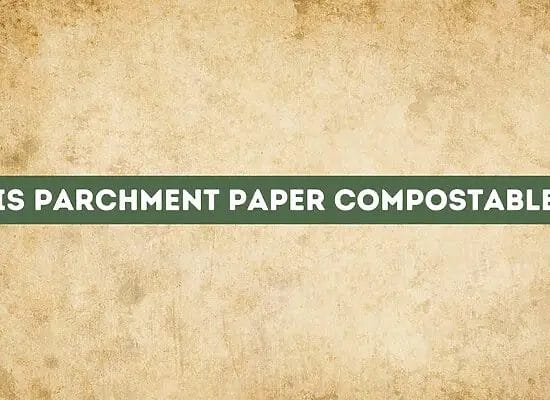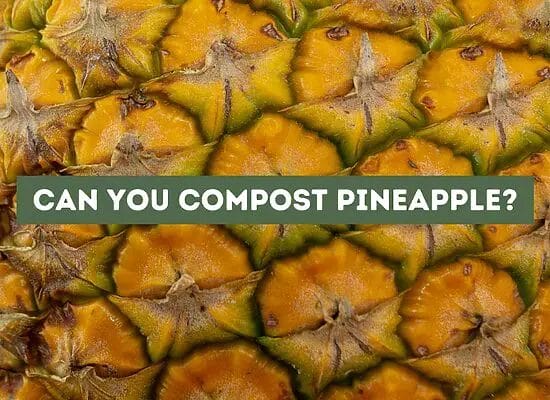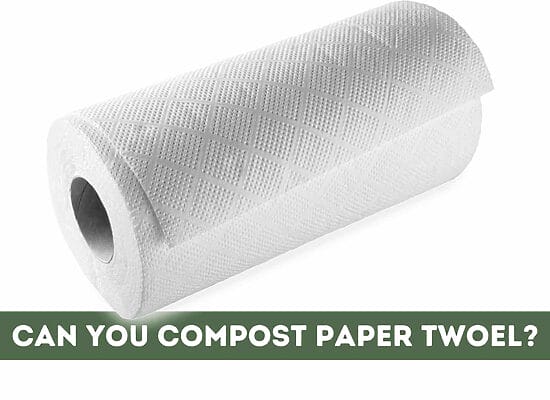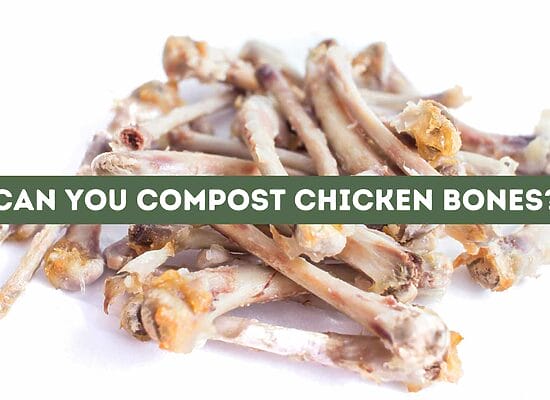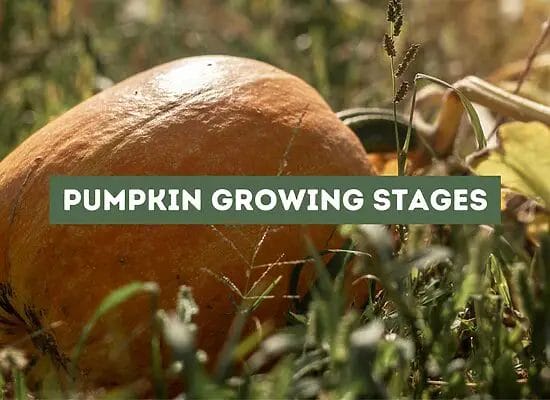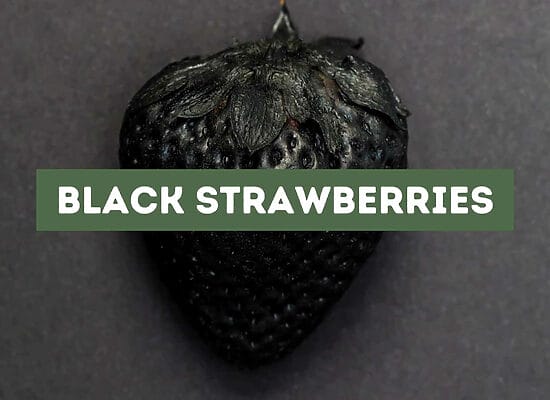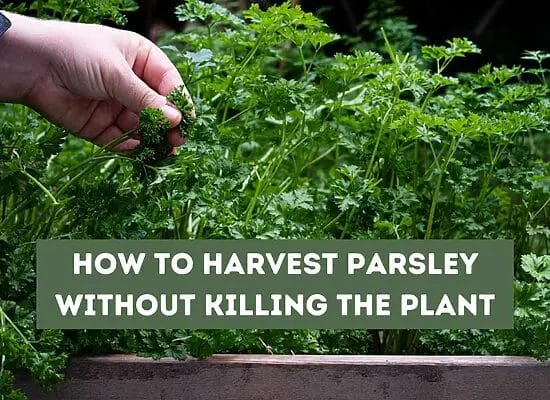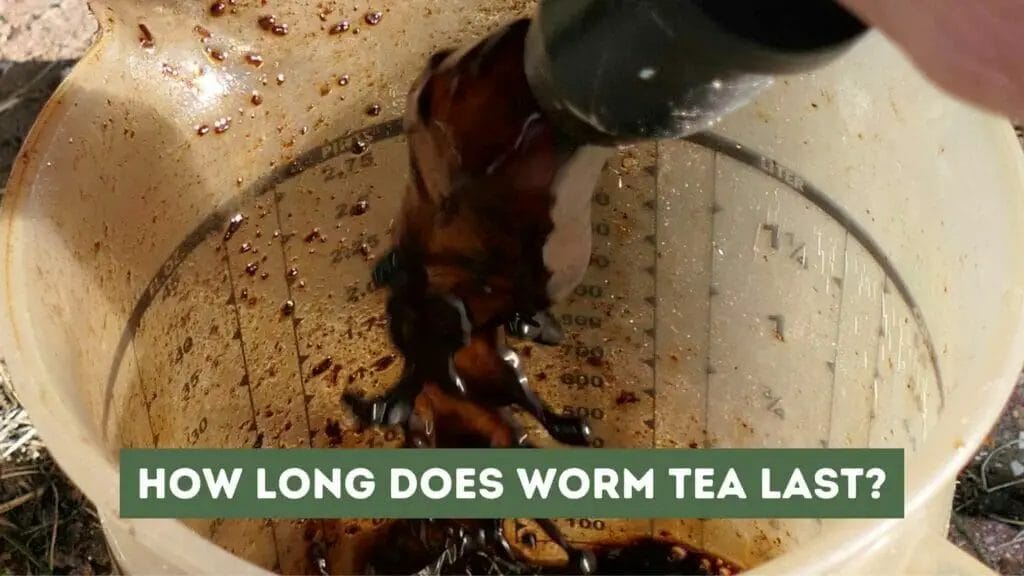
When it comes to gardening, worm tea is a popular and effective liquid fertilizer made from worm castings. This natural fertilizer is rich in nutrients and beneficial microbes that help promote healthy plant growth. However, like any organic product, worm tea has a shelf life and can go bad if not stored properly. So, how long does worm tea last?
The answer to this question depends on several factors, such as how the worm tea is stored and the conditions it is exposed to. According to experts, worm tea can last anywhere from a few days to several weeks, depending on the storage method. For example, if you store worm tea in a cool, dark place, it can last for up to two weeks. However, if you leave it in direct sunlight or in a warm area, it can go bad within a few days.
Key takeaways:
- The shelf life of worm tea depends on factors such as storage method and conditions.
- Properly stored worm tea can last anywhere from a few days to several weeks.
- Storing worm tea in a cool, dark place can extend its shelf life up to two weeks.
- Leaving worm tea in direct sunlight or a warm area can cause it to go bad within a few days.
- It is recommended to use worm tea within 24 hours of brewing for optimal freshness and effectiveness.
- If storing worm tea for longer, consider freezing it in ice cube trays and thawing as needed.
- Worm tea should be stored in closed containers, kept away from sunlight, and with the lid slightly ajar to allow air circulation.
What is Worm Tea?
If you’re into gardening or farming, you may have heard of worm tea. Worm tea is a liquid fertilizer made from worm castings, also known as worm compost. It’s a nutrient-rich solution that can help your plants grow healthier and stronger.
Worm castings are the waste products of worms, and they’re full of beneficial microorganisms, enzymes, and nutrients like nitrogen, phosphorus, and potassium. When you steep them in water, you create worm tea, which can be used to water your plants or sprayed directly on their leaves.
Worm tea is also sometimes called worm casting tea or vermicompost tea. It’s an organic and sustainable alternative to chemical fertilizers, and it’s easy to make at home if you have a worm farm.
To make worm tea, you’ll need to gather some worm castings and steep them in water for a few days. You can use a simple bucket or container and add an air stone or bubbler to help oxygenate the water.
It’s important to note that worm tea has a limited shelf life. The fresher the tea, the better it will work. Most experts recommend using worm tea within 24 hours of brewing, although it can last up to three days if stored properly.
Fun Fact: Did you know that worms can eat up to half their body weight in food every day? That means a pound of worms can eat a half-pound of food scraps in just 24 hours. That's a lot of composting power!
Storing Worm Tea
You’ve made your worm tea, and now you’re wondering how to store it. The shelf life of worm tea is relatively short, so you’ll want to use it as soon as possible. However, if you want to store it, here are some tips.
First, make sure you store your worm tea in a closed container. This will help keep the worm tea fresh and prevent any contaminants from getting in. You can use a glass jar, plastic container, or even a spray bottle.
Next, keep the worm tea in a cool, dark place. Sunlight and heat can kill the beneficial microbes in the worm tea, so it’s best to keep it in a cupboard or pantry.
If you want to store your worm tea for longer than a few days, consider freezing it. Pour the worm tea into an ice cube tray and freeze it. Then, when you’re ready to use it, simply thaw out the number of cubes you need.
Pro Tip: One pro tip for storing worm tea is to leave the lid slightly ajar. This will allow air to circulate and prevent the buildup of gases that can cause the container to burst. However, make sure you don't leave the lid too loose, or the worm tea may dry out.
Using Worm Tea
Worm tea is an excellent fertilizer for your garden, and it’s straightforward to use. You can apply worm tea directly to the soil, use it as a foliar spray, or even apply it to your vegetable produce. Here are some tips for using worm tea:
- For best results, use worm tea within 24 hours of brewing. The fresher the tea, the better it will work.
- You can apply worm tea every two weeks for regular plants or once a week for fruits and vegetables.
- If you’re using a sprayer, make sure to strain the worm tea to avoid clogging the spraying mechanism.
- You can also use worm tea with an irrigation system or water your potted plants with it.
- Remember that worm tea has living microbes in it and needs to be used up quickly. In cold temperatures, it will keep for three days, and in warmer temperatures, use it within 24-48 hours.
Pro tip: If you have leftover worm tea, you can freeze it in ice cube trays and use it later. Each cube is about one tablespoon of worm tea, making it easy to measure and use.
Making Worm Tea
Making worm tea is easy and requires just a few simple steps. To make worm tea, you will need to brew worm castings in water and use the worm tea as a natural liquid fertilizer for your plants. Here’s how to make worm tea:
- Use the worm castings: Start by using the worm castings as the primary ingredient for your worm tea. You can use about a pound of castings per five gallons of water.
- Brew the tea: Add the worm castings to a porous bag and tie the end of the bag. Then, add water to your five-gallon bucket and place the bag of worm castings in the water container. Let the tea brew for about 24 hours, or overnight, to allow the soluble materials and nutrients to dissolve into the water.
- Use the worm tea: Once the tea is brewed, you can use it to fertilize your plants. You can use the worm tea as a foliar spray or pour it directly onto the soil around your plants. Worm tea is an excellent natural fertilizer that can help improve the health, strength, and yields of your plants.
Pro Tip: If you want to get the most out of your worm tea, use it within a week of brewing it. After a week, the tea may start to lose some of its beneficial properties. So, it's best to use it as soon as possible to get the most benefits for your plants.
Benefits of Worm Tea
If you’re looking for a natural and safe way to fertilize your plants, worm tea is an excellent choice. This liquid fertilizer is made from worm manure, also known as worm castings, and it’s full of nutrients and beneficial microbes that can help your plants thrive.
One of the main benefits of worm tea is that it’s a great source of organic fertilizer. Unlike synthetic fertilizers, which can be harmful to the environment and to your plants, worm tea is completely natural and safe to use. It’s also easy to brew at home, so you can save money and avoid harsh chemicals.
Another benefit of worm tea is that it contains a variety of microorganisms that can help improve the health of your soil. These healthy microbes can help break down organic matter, improve soil structure, and increase your soil’s water-holding capacity. They can also help prevent and treat plant diseases, ward off pests, and promote the health, strength, and yields of your plants.
In addition to these benefits, worm tea is also easy to apply. You can use it as a foliar spray, which means you spray it directly on the leaves of your plants. This can help your plants absorb nutrients more quickly and efficiently. You can also use it as a soil drench, which means you pour it directly onto the soil around your plants. This can help deliver nutrients and beneficial microbes to the roots of your plants.
How Long Does Worm Tea Last?
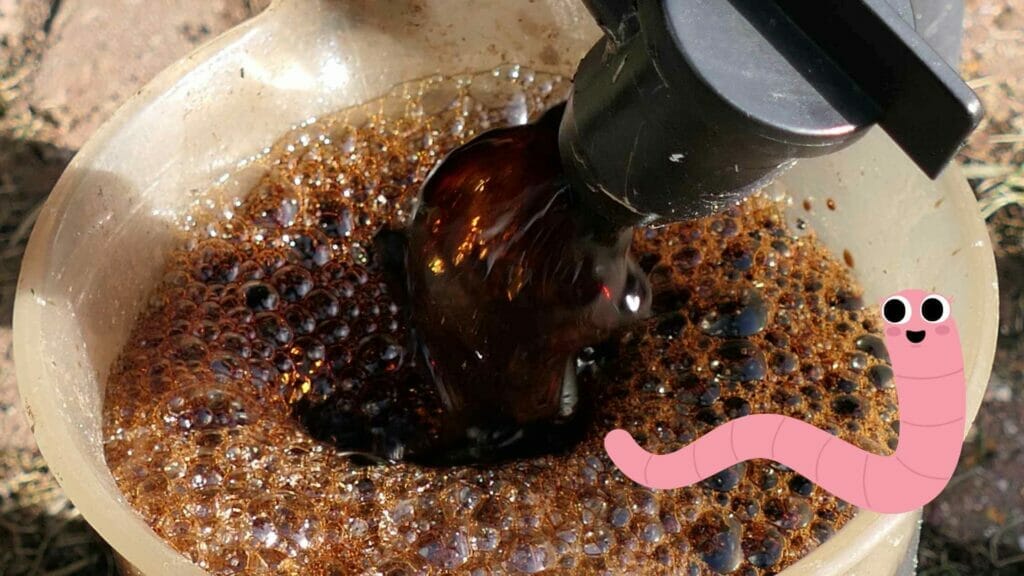
When it comes to using worm tea as a liquid fertilizer for your plants, it’s important to know how long it will last so you can get the most out of it. Worm tea is a 100% natural liquid fertilizer made from worm manure, also known as worm castings. It’s a great way to add nutrients to your soil and help your plants grow strong and healthy. But how long does it last?
The shelf life of worm tea depends on a few factors. Generally, you should consume it within 24 hours of brewing it. This is because the tea is alive with beneficial microbes, and they will start to die off if left sitting for too long. However, if you store it properly, you can extend its shelf life a bit longer.
To store worm tea, you should keep it in a cool, dark place. UV light can degrade the components in the tea, so it’s best to keep it out of direct sunlight. You can also store it in the refrigerator to help keep it fresh for a few extra days. However, even with proper storage, you should aim to use it within a week.
If you have leftover worm tea that you can’t use within a week, you can dilute it with water to make it go further. A good ratio to use is one part worm tea to ten parts water. This will help stretch the tea out a bit longer and still provide your plants with some nutrients.
It’s important to note that worm tea is not the same as worm casting tea. Worm casting tea is made by soaking worm castings in water, while worm tea is made by brewing worm castings in water. Both are great for your plants, but worm casting tea has a longer shelf life than worm tea.
Pro Tip: To get the most out of your worm tea, use it immediately after brewing. If you can't use it all, store it properly and aim to use it within a week. Dilute it with water to make it go further if needed.
FAQ: Worm Tea Lifespan
What is worm casting tea?
Worm casting tea is a liquid fertilizer created by steeping worm castings in water. It is a great way to extract the nutrients from worm castings and create a powerful organic fertilizer.
Why is worm casting tea beneficial for plants?
Worm casting tea is beneficial for plants because it contains essential nutrients, beneficial bacteria, and microorganisms that promote healthy growth and prevent disease.
How is worm casting tea different from regular compost tea?
Worm casting tea is made specifically from worm castings, while regular compost tea can be made from any type of compost. Worm castings are a more concentrated source of nutrients, so worm casting tea is generally more potent than regular compost tea.
How do you make worm casting tea?
To make worm casting tea, place a handful of organic worm castings in a tea bag or directly in a container of dechlorinated water. Let the tea brew for 24-48 hours, then dilute with additional water. The resulting liquid should be a light brown color.
What is the shelf life of worm casting tea?
Worm casting tea can last for up to two to three months if stored properly. It is best to use the tea as soon as possible after brewing to get the maximum benefit from the beneficial bacteria and microorganisms.
Can you add sugar to worm casting tea?
Yes, you can add sugar to worm casting tea to feed the beneficial bacteria and microorganisms. However, be careful not to add too much sugar, as this can create an anaerobic environment that is harmful to the microbes.
How do you use worm casting tea?
Worm casting tea can be used as a foliar spray or soil drench for both indoor and outdoor plants. It is best to dilute the tea with additional water before use. Apply the tea to the soil or foliage of the plants, making sure to cover the entire surface area.
What materials do I need to make worm casting tea?
To make worm casting tea, you will need organic worm castings, a tea bag or container, dechlorinated water, and additional water for dilution.
Can I use worm leachate instead of worm casting tea?
Worm leachate is a liquid that drains from the bottom of a worm bin. While it can contain beneficial bacteria and microorganisms, it is not as concentrated as worm casting tea. Worm leachate can be used as a soil drench, but it is not a suitable substitute for worm casting tea.
Can I use the tea from worm compost instead of worm castings?
Yes, you can use the tea from worm compost instead of worm castings to create a worm compost tea. However, the resulting tea may not be as potent as tea made from pure worm castings.


